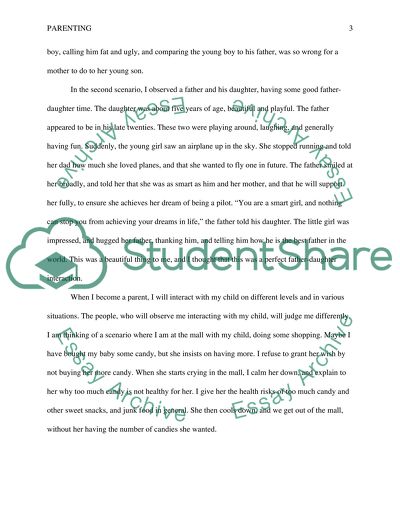Cite this document
(“Parenting Coursework Example | Topics and Well Written Essays - 1750 words”, n.d.)
Parenting Coursework Example | Topics and Well Written Essays - 1750 words. Retrieved from https://studentshare.org/education/1469014-parenting
Parenting Coursework Example | Topics and Well Written Essays - 1750 words. Retrieved from https://studentshare.org/education/1469014-parenting
(Parenting Coursework Example | Topics and Well Written Essays - 1750 Words)
Parenting Coursework Example | Topics and Well Written Essays - 1750 Words. https://studentshare.org/education/1469014-parenting.
Parenting Coursework Example | Topics and Well Written Essays - 1750 Words. https://studentshare.org/education/1469014-parenting.
“Parenting Coursework Example | Topics and Well Written Essays - 1750 Words”, n.d. https://studentshare.org/education/1469014-parenting.


